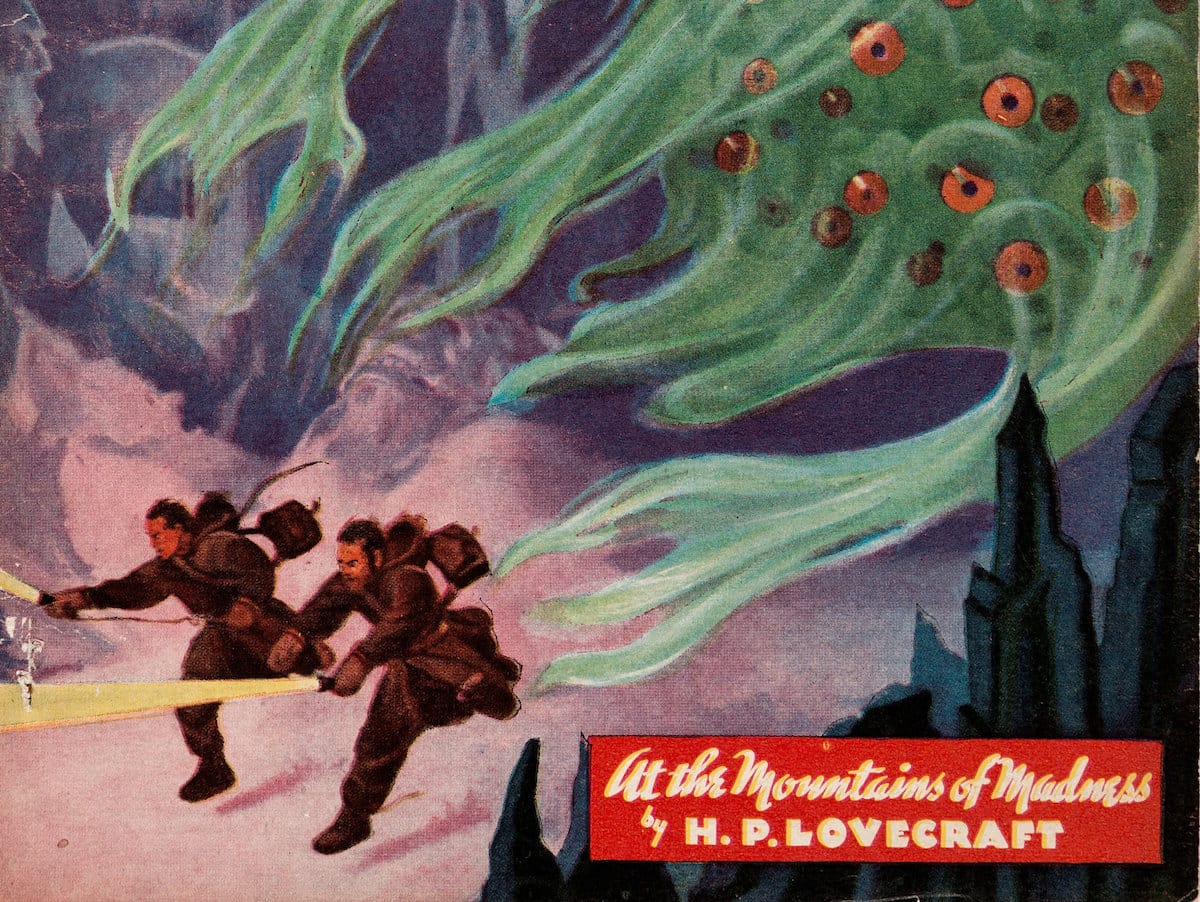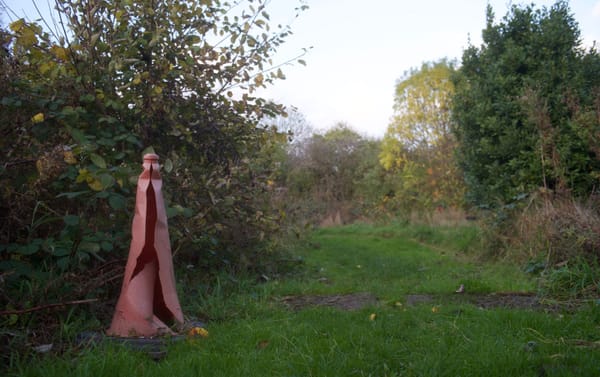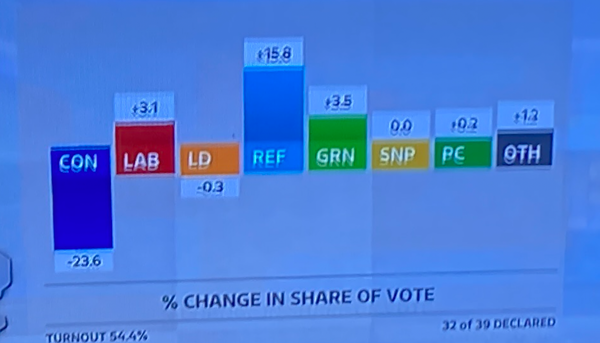Thoughts on The Social Dilemma

So there's this new documentary, The Social Dilemma, which goes into great detail about how terrible the social media industry is for its users and for society in general, ultimately concluding that unless something changes we could see the end of democracy as we know it. Netflix bought the rights and it's getting a lot of exposure.
As you might imagine, I have thoughts.
Some of you will be aware that for a few years in the late 2000's I traded as a Social Media Consultant. I'm not proud, but it meant I was there at the teething of what we might now call the surveillance capitalism industry. I got in to the SMC game around 2006 or so, when blogging suddenly was a thing that people wanted to pay good money to learn how to do, which soon became Twitter and other stuff which coalesced under the "social media" umbrella. The name never sat that well – surely all media is social? – but once it had a label and was no longer an amorphous mass of nerdy shit it was quickly overrun with marketing people and I started to want to get out. (Thankfully I'd made my rep blogging about artists so actually becoming an artist was a short hop. But I digress.)
The marketing people were mostly just an excuse, though. Something was rotten in the world of social media from the get go. But when you're in the middle of the wood it's hard to see all them trees.
I developed a habit, maybe even a reputation, of writing some screed against "social media" every year or so. I think people found them entertaining (there he goes again!) and maybe even thought provoking, but I doubt they changed any minds, because they were pretty incoherent. I didn't have the language, the insight or the metaphors to properly articulate what I was finding disquieting. And ultimately I probably didn't want to prove myself right because it would render void a bunch of ideas that I'd come to identify with.
Nowadays there's a plethora of academics and activists using decades of media theory and social science to point out the blindingly obvious. I wish they'd been around in the mid 2000's.
I'd always talked about the media platform as being the thing, because that's where I operated. I drew a line from printed books to photocopied zines to online forums to blogs to Twitter and Facebook. I wasn't looking at the undercarriage, the printing presses, photocopiers, internet protocols and data-mining algorithms.
It took being an artist to bring that stuff to my attention. While digging deep into the fundamentals of photography, I came across a media theorist called Vilém Flusser who had this theory about that was fascinating. The camera is the true author of a photograph, not the person holding the camera. When you take pictures you're just along for the ride. But this goes further than simply collaborating with Nikon or Canon. Your involvement is dwarfed by the technical, industrial, economic and social systems which caused that camera to come about.
My research as a BOM fellow was centred on this and it features in a talk I gave in 2016.
Like all good theories, it's not about photography. It's about our relationship with technology, specifically media technologies under capitalism. The iPhone is not a screen, Instagram is not a cascade of images, Facebook is not updates from your friends, Twitter is not whatever it is you thought Twitter was (no-one really knows, especially not Twitter). They are systems which sits on top of systems upon systems upon systems going back through history to the first tool. There is no magic but there is massive complexity coupled with exponentially insane levels of processing power.
In looking for metaphors to describe the scale of the systems upon which our devices sit the best I can think of is the cosmicism of HP Lovecraft. In the face of an incomprehensibly infinite universe our greatest fear is our own insignificance. The algorithm doesn't care about you. You don't exist as anything more than a string of numbers. But paradoxically the algorithm is programmed to make you hyper-aware of yourself and how you fit into society. Hello ant, meet your uncaring clockwork universe.
So it was kinda remarkable and very cheering to see this sort of thinking (albeit without the Lovecraft references) underpin Netflix's documentary on how surveillance capitalism is strip-mining our emotions and breaking the world. Because so much of this stuff just looks at the surface without trying to get a handle on the tentacles writing beneath. It's not perfect of course – no film ever is – but it feels like a breakthrough.
Douglas Rushkoff has a nice little video celebrating the film and cautioning his community not to attack the makers for ripping off ideas that he and other fringe thinkers have been writing about for years. This is a victory! We're winning!
Bigger is not just bigger, it's different, and for once I feel a teeny, tiny bit optimistic about the effect of this documentary because I think it has opened the door, just a crack, to some actual change.
One of the few solutions put forward is a tax on data collection. Regulators would set a limit to the amount of data-points a company is able to hold on a person for free. Above that you need to pay a tax, set such that you would need a really good incentive to keep that data. While bad actors and foreign companies could evade this with ease, it would be in the interests of the likes of Google and Facebook to comply and change their business models. There's no reason our internet has to be funded by surveillance advertising. It didn't exist a decade or so ago. Why can't we replace it with something less toxic?
Now, I'm not saying this will work, but it's a good idea that sits between business-as-usual and burn-it-all-down. And once we have one good idea we can have more good ideas and maybe we'll be able to share photos and talk to each other online without destroying civilisation.
I could say much more about this doc but I set myself a two hour limit for writing about it tonight, and that time is up. If you have Netflix, give it a watch. It's worth the data-shadow of you they'll sell on the ad-tech markets. Lol.
Further Reading
- Kenneth Goldsmith on Flusser's relevance today: It's a Mistake to Mistake Content for Content (LARB)
- John Naughtons's review: The Social Dilemma: a wake-up call for a world drunk on dopamine? (Guardian)
- Mozilla Foundation's further reading list of researchers and thinkers missing from the doc. (Twitter)
Header image: Cover to Astounding Stories (1936) the first publication of HP Lovecraft's The Mountains of Madness.



